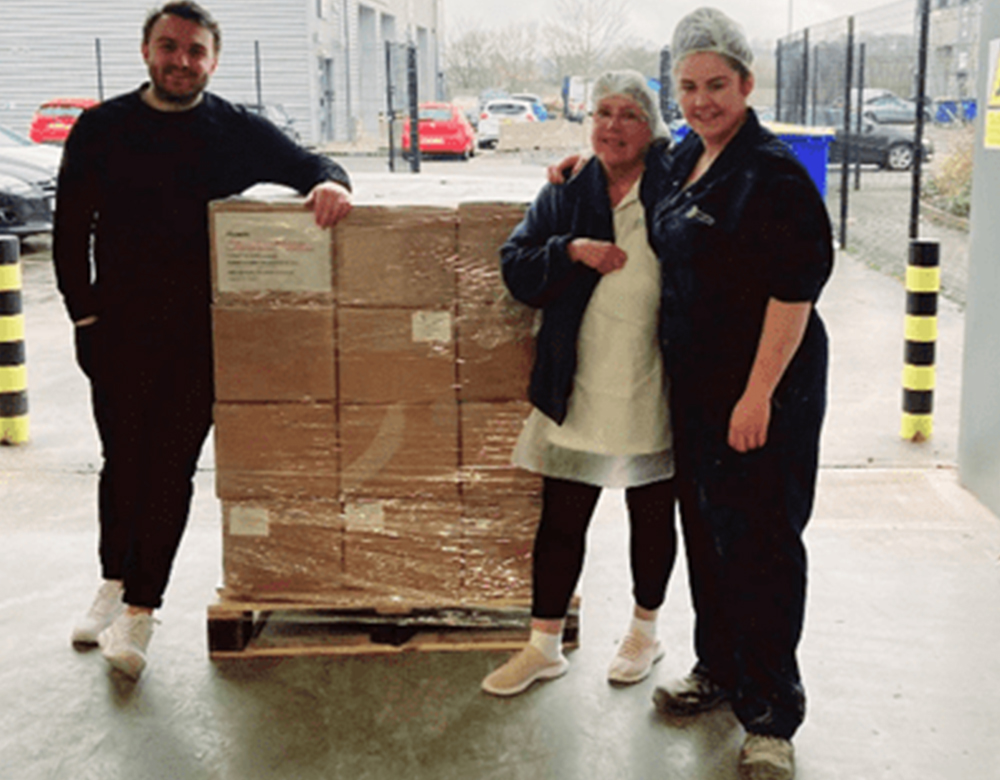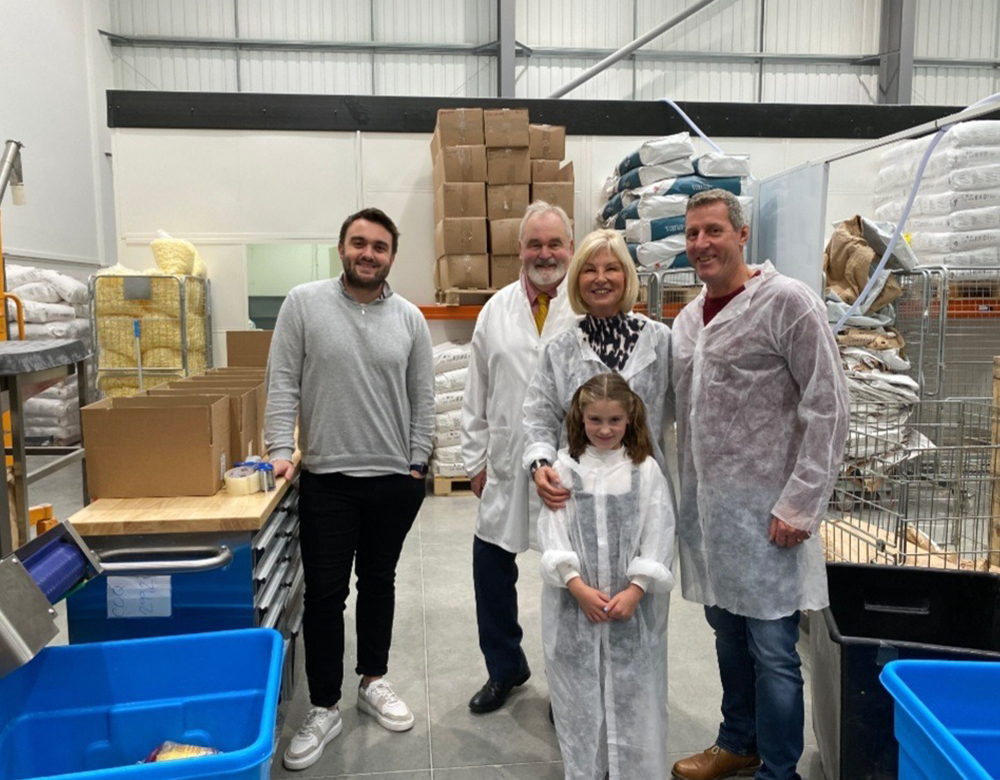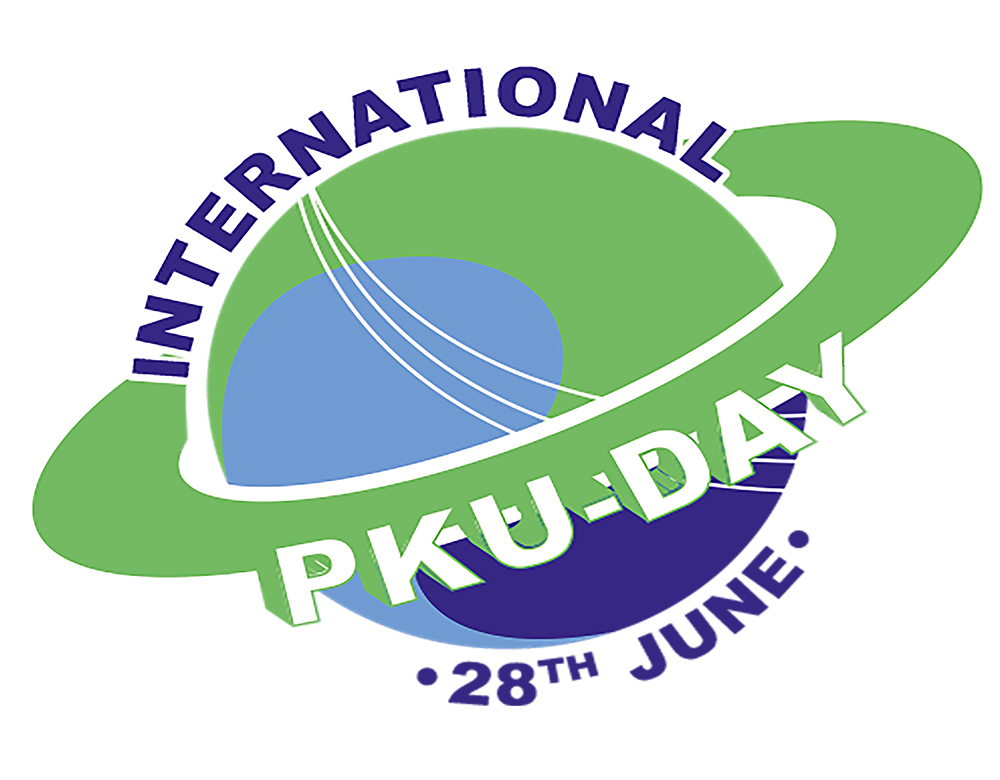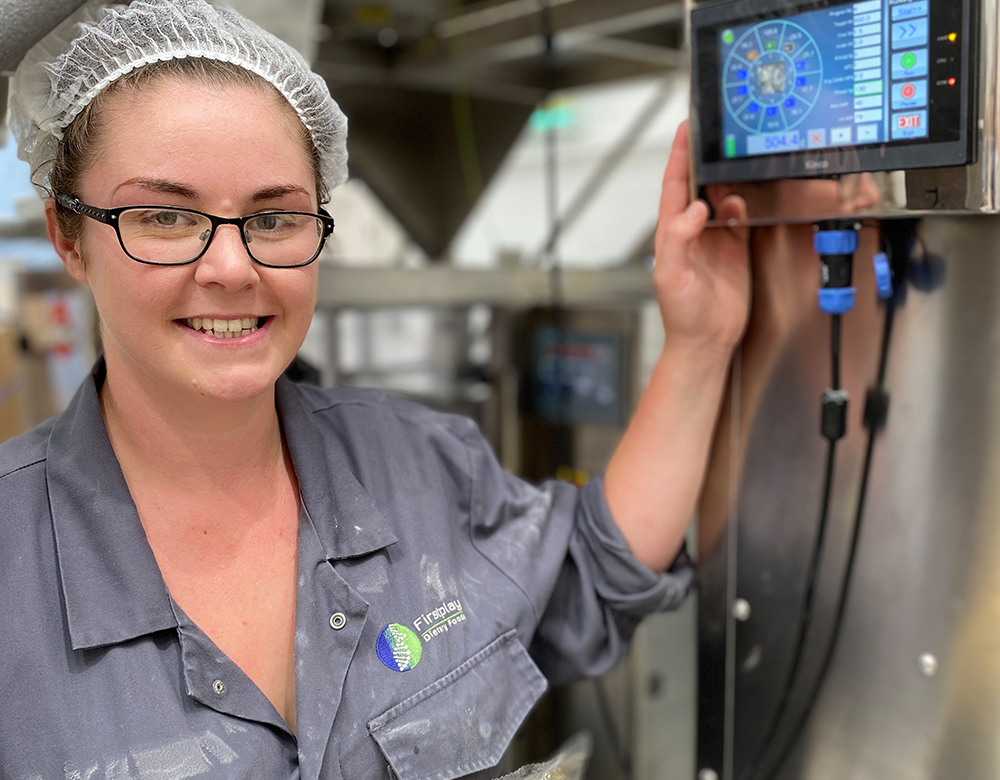Supporting Earthquake affected areas with Promin Low Protein Foods in Syria and Turkey in early 2023



We’ve collaborated with Birmingham Children’s Hospital to support low protein communities in earthquake affected areas in Syria and Turkey. We’ve provided 24 cases of Promin Low Protein products totally weighing 180kg.
“This is brilliant – the families in Turkey will appreciate this so much. The pallet of Promin low protein foods has grown even bigger in the last 24 hours. Thank you, Team Promin.” By Professor Anita Macdonald, Birmingham Children’s Hospital.

Here is a lovely message from the PKU Turkey Association:
“Dear all, I am deeply grateful to all of you for your support and efforts!
Deniz Atakay”.
RELATED STORIES
-

A customer’s view on visiting Firstplay Dietary Foods in late 2022
We had a pleasure to welcome a lovely family at our Firstplay premises in 2022 and we would like to share their feedback below….
-

28th June – International PKU Day
Every year the 28th of June is a special day for the PKU Community worldwide when everyone joins together to celebrate International PKU Day….

